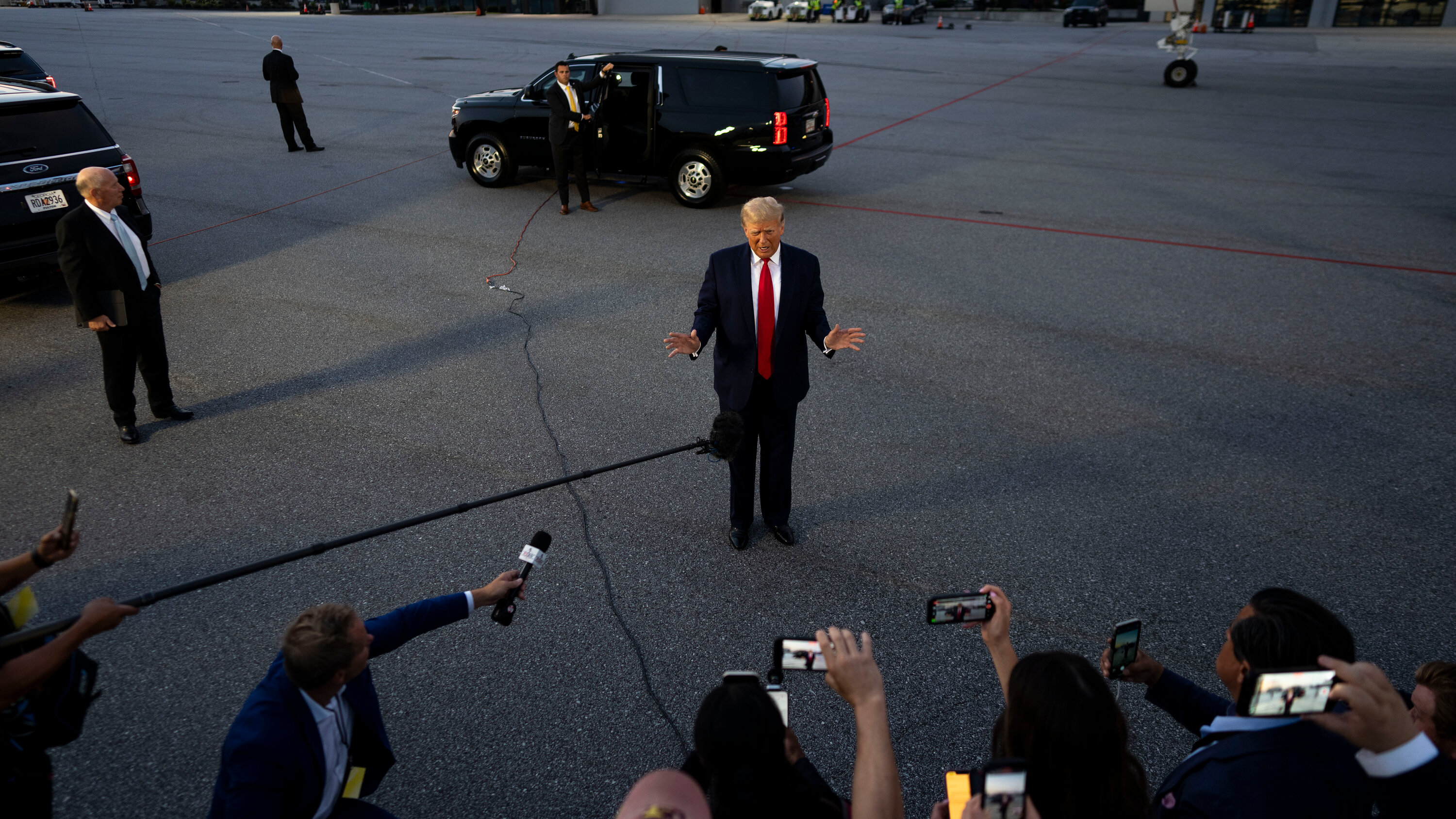The phrase "Trump got shot" has stirred up significant conversation and speculation in recent times. The implications of such statements can have vast effects on political discourse, public sentiment, and media narratives. This article aims to dissect the reality behind this controversial statement, explore the origins, and analyze its impact on society.
In an age where information spreads rapidly, understanding the context and truths behind such rumors is crucial. We will delve into the various facets of this topic, including its media portrayal, public reactions, and the historical context that shapes our understanding of political violence in the United States.
Join us as we explore this topic in depth, providing insights, expert opinions, and factual information to clarify the ongoing discussions surrounding “Trump got shot.”
Table of Contents
- 1. The Origin of the Phrase
- 2. Media Coverage and Public Reaction
- 3. The Context of Political Violence in America
- 4. Analyzing Misinformation
- 5. The Role of Social Media
- 6. Expert Opinions: What Political Analysts Say
- 7. The Psychological Impact on Society
- 8. Future Implications and Conclusion
1. The Origin of the Phrase
The phrase "Trump got shot" emerged from various political discussions and social media platforms, often taken out of context or exaggerated for dramatic effect. It is essential to trace the origins of this phrase to understand its implications fully.
Initially, the phrase was mentioned in a satirical context, reflecting the heated political climate in the United States. However, as with many political statements, it gained traction and became a topic of serious debate.
1.1 Historical Context
Political violence, threats, and assassination attempts have a long history in American politics. Numerous incidents, from the assassination of President Lincoln to the attempted shooting of President Reagan, have shaped the national psyche regarding political safety.
The use of the phrase "Trump got shot" taps into these historical anxieties, making it a potent symbol of underlying tensions in American society.
2. Media Coverage and Public Reaction
The media plays a crucial role in shaping public perception of political events. The coverage of the phrase "Trump got shot" varies significantly across different platforms.
Some outlets sensationalize the phrasing, while others approach it with caution, emphasizing the importance of fact-checking and responsible reporting.
2.1 The Role of Mainstream Media
Mainstream media outlets have often been criticized for their handling of politically charged phrases. Fact-checkers and journalists strive to provide accurate information, but the allure of sensational headlines can sometimes overshadow truth.
2.2 Public Sentiment
Public reaction to the phrase has been mixed. Supporters of Trump may feel threatened by such statements, while opponents may see them as a rallying cry for political action. This division highlights the polarized nature of contemporary American politics.
3. The Context of Political Violence in America
Understanding the phrase "Trump got shot" requires an exploration of political violence in the U.S. This section will analyze the historical and social factors that contribute to the current climate.
3.1 Historical Instances of Political Violence
- Assassination of President Abraham Lincoln
- The attempted assassination of President Ronald Reagan
- Recent threats against political figures
3.2 The Current Political Climate
The current political landscape is fraught with tension, leading to heightened fears and anxieties about political violence. The phrase "Trump got shot" serves as a reflection of these societal fears.
4. Analyzing Misinformation
The rise of misinformation and “fake news” has significantly impacted how political phrases are perceived. The phrase "Trump got shot" is often circulated without proper context, leading to misunderstandings and unwarranted panic.
Fact-checking organizations have become vital in combating misinformation, stressing the importance of verifying sources before sharing politically charged statements.
5. The Role of Social Media
Social media platforms have become battlegrounds for political discourse. The rapid dissemination of phrases like "Trump got shot" can lead to widespread misinformation and panic.
Understanding the dynamics of social media is crucial for grasping how such statements gain traction and influence public sentiment.
6. Expert Opinions: What Political Analysts Say
To gain a deeper understanding of the implications of the phrase "Trump got shot," we consulted political analysts and experts. Their insights provide valuable perspectives on the potential consequences of such statements.
6.1 The Impact on Political Discourse
Experts suggest that sensational phrases can undermine serious political discussions, diverting attention from critical issues that need addressing.
6.2 The Role of Fear in Politics
Fear is a potent tool in politics. Analysts argue that phrases like "Trump got shot" can evoke strong emotional responses, influencing voter behavior and public opinion.
7. The Psychological Impact on Society
The phrase "Trump got shot" can have significant psychological effects on the public. Understanding these impacts is crucial in assessing the broader implications of political rhetoric.
7.1 Anxiety and Fear in Society
Political violence, even in rhetoric, can induce anxiety and fear among the populace. The potential for real-world consequences makes it imperative to address these sentiments.
7.2 The Need for Responsible Discourse
Promoting responsible discourse in politics is essential for fostering a healthy democracy. Encouraging open dialogues that focus on facts rather than sensationalism can help alleviate fears and promote understanding.
8. Future Implications and Conclusion
As we look to the future, the phrase "Trump got shot" serves as a reminder of the importance of responsible political discourse. Its implications extend beyond mere words; they shape public perception and influence political engagement.
In conclusion, understanding the origins, media portrayal, and societal impacts of such phrases is critical for informed citizenship. We encourage readers to engage in thoughtful discussions and seek reliable sources when navigating the complex landscape of political rhetoric.
For a better-informed society, let’s strive for clarity, understanding, and constructive dialogue. Share your thoughts in the comments below and explore more articles that delve into the nuances of political discourse and current events.
Thank you for reading, and we hope to see you back for more insightful discussions!


